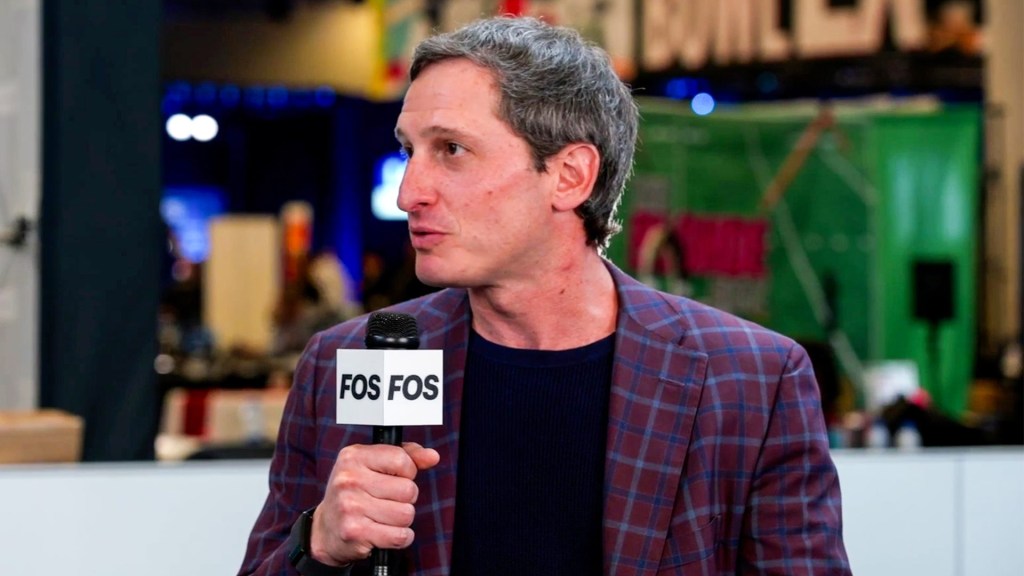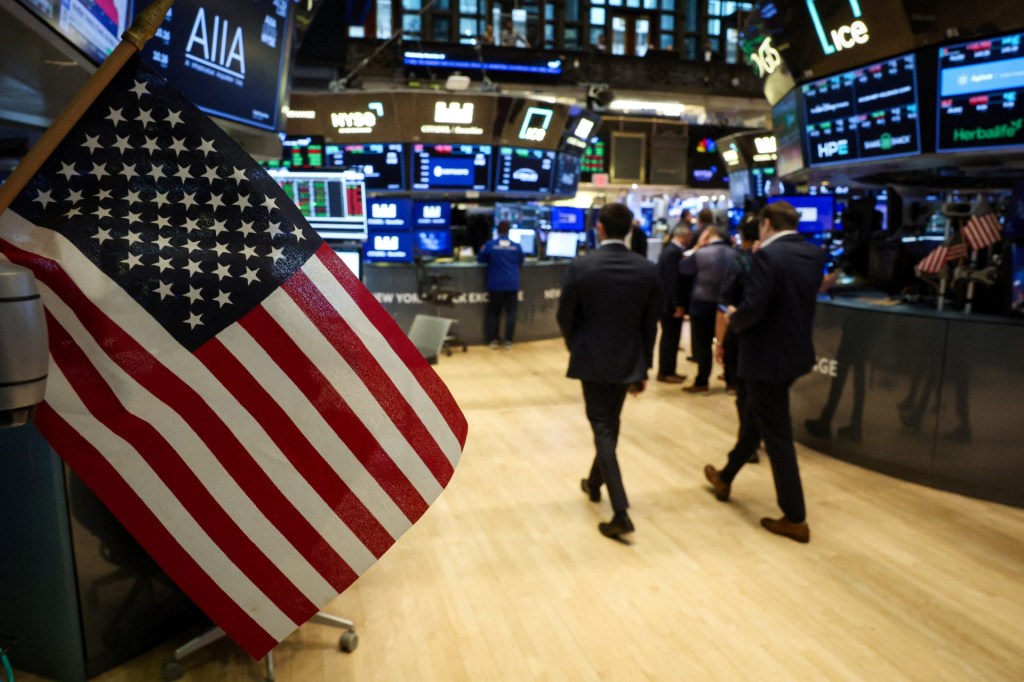Polymarket will receive up to $2 billion from the operator of the New York Stock Exchange at an $8 billion valuation, the latest marker of the growing prominence of prediction markets in the U.S., despite controversy surrounding their sports event contracts.
Under the agreement, Intercontinental Exchange (ICE) will make a “strategic investment” in Polymarket, which had been barred from operating in the U.S. since 2022 but is planning to relaunch in the country imminently. The deal implies a pre-investment valuation of $8 billion for Polymarket, according to Tuesday’s statement, and a $9 billion post-investment valuation, the company said in a social media post.
In addition to capital, ICE will provide financial institutions with insight into how users are trading on key issues based on Polymarket data, and the two sides intend to team up on future projects involving digital tokens.
Jeffrey Sprecher, chair and CEO of ICE, said in Tuesday’s statement that Polymarket is a “forward-thinking, revolutionary company pioneering change within the decentralized finance space.”
Polymarket has been a lightning rod for criticism dating back years. It was prohibited from operating in the U.S. under a 2022 settlement with the Biden Administration, but it has quickly taken steps to reenter the country after recently being cleared in a federal probe—including through the July acquisition of QCX, a small derivatives exchange that is licensed by the Commodity Futures Trading Commission (CFTC). The company is blockchain-based, requiring users to trade using cryptocurrencies. It counts Donald Trump Jr. as a strategic advisor.
Polymarket founder and CEO Shayne Coplan reflected on the long road his company has taken in a social media post, calling the last few years “surreal” and describing the deal with ICE as a “major step in bringing prediction markets into the financial mainstream.” He also said the agreement represents a “monumental step forward” for decentralized finance.
Prediction-market platforms like Polymarket and its primary rival, Kalshi, offer event contracts that allow users to trade on the outcome of events. These started as non-sports offerings, with events such as whether there will be a recession this year or how high the temperature will be in New York City on a given day. But starting in January, Kalshi began offering sports event contracts that appear very similar to sports betting. Polymarket also offers sports event contracts, with trades on everything from the NBA, NFL, and MLB to whether Elon Musk will attend a UFC event this year.
State regulators have pushed back, and Kalshi is fighting multiple court battles over its sports offerings. Traditional sportsbooks have also taken notice: Prediction markets are currently the talk of the town at the G2E event in Las Vegas, an annual global gaming expo; FanDuel entered prediction markets through a deal with CME Group (although there will be no sports to start); and Robinhood recently rolled out prediction markets that will allow users to trade on the outcomes of pro and college football games.
Representatives for ICE and Polymarket did not immediately respond to requests for additional comment.

















